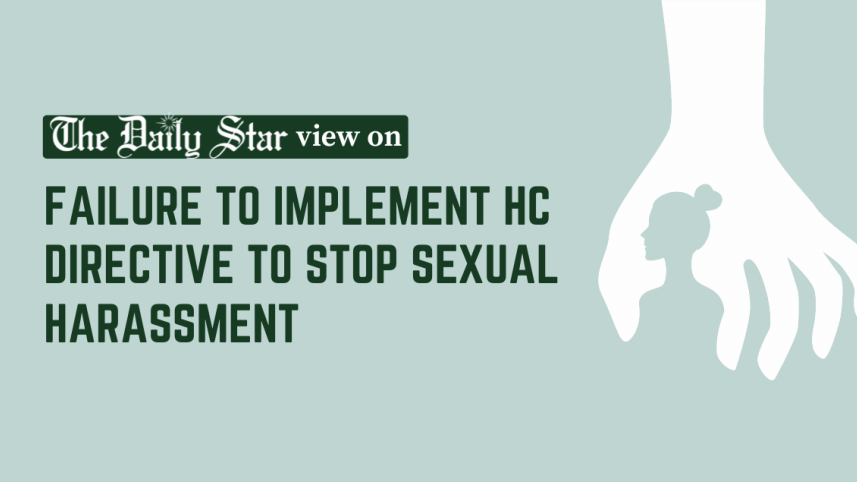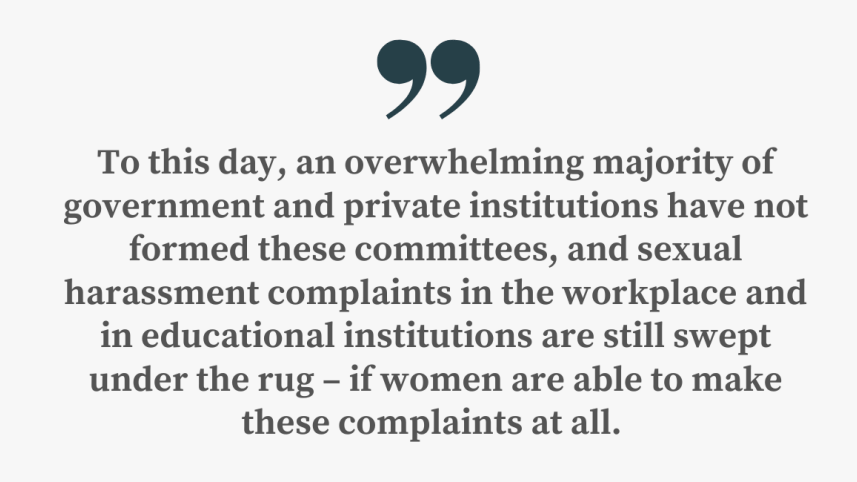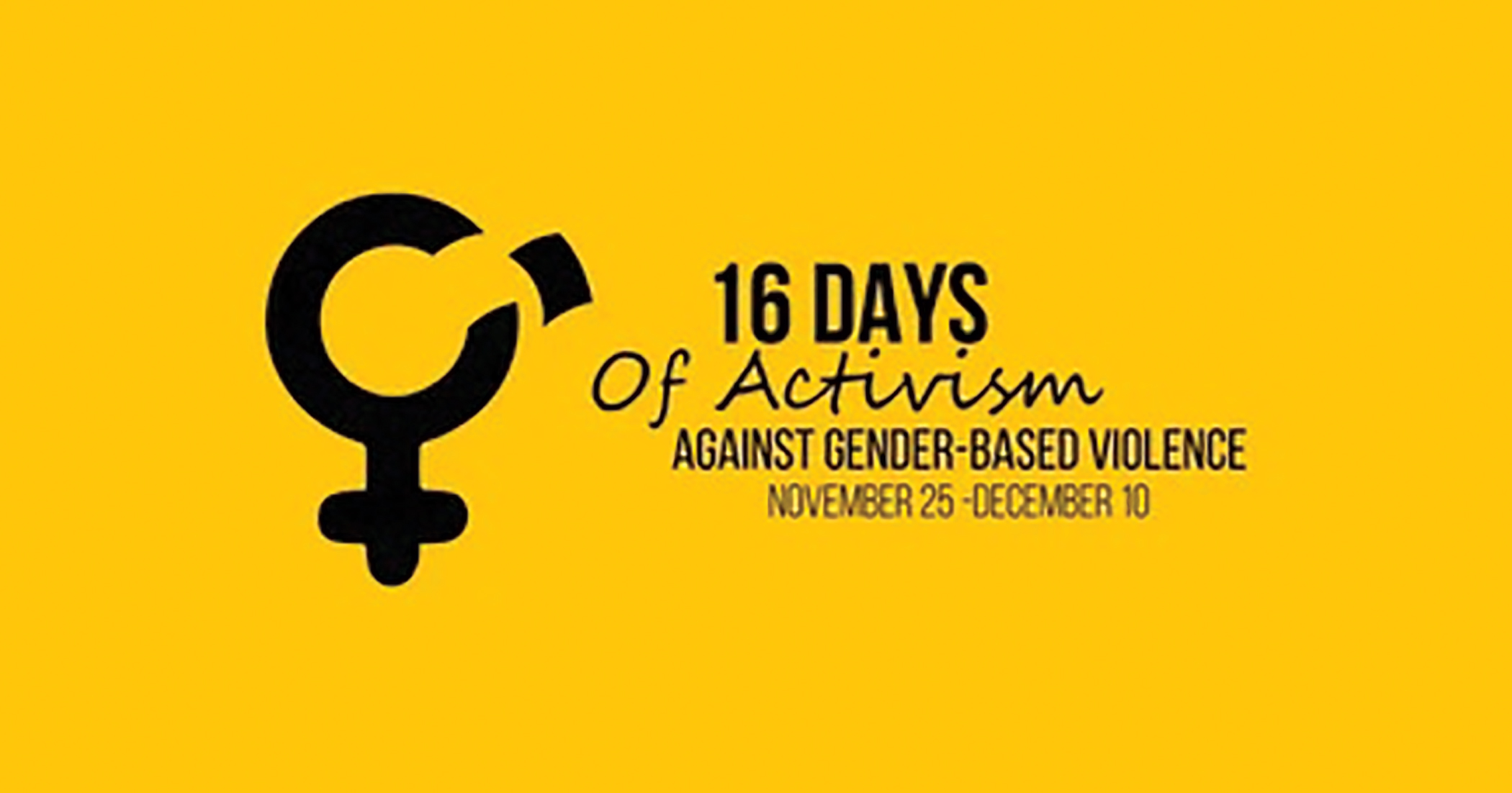Women still unsafe at work

More than a decade ago, the Bangladesh National Women Lawyers' Association filed a Public Interest Litigation with the High Court, requesting guidelines to protect women and girls from sexual harassment in the workplace and educational institutions. After this, the court issued a directive that, if implemented properly, could have been a landmark moment in the struggle for women's rights in Bangladesh.
The High Court directive involved forming sexual harassment complaint committees at every organisation, which would then have to submit annual compliance reports to the government on said guidelines. In a country where there are still far too many obstacles to women's economic independence, the effective operation of such committees would have made all the difference in making workplaces safer and more inclusive.
Unfortunately, as is the case with too many well-meaning directives, guidelines and policies in Bangladesh, little has been done in terms of implementation. To this day, an overwhelming majority of government and private institutions have not formed these committees, and sexual harassment complaints in the workplace and in educational institutions are still swept under the rug – if women are able to make these complaints at all.
Recently, The Daily Star conducted interviews of 40 women working at different organisations, and found that 70 percent of these women had either faced physical, verbal, mental or cyber abuse in their existing or former workplace at the hands of their bosses, supervisors or colleagues, or knew other female colleagues who had. Of the women interviewed, 25 percent had been harassed by their own bosses, while 40 percent had been targeted by colleagues.

And most distressing of all – the report also found that more than 70 percent of the women who had sexually harassed had not reported it at all due to fear of repercussions. In a majority of these workplaces, there was no sexual harassment committee that they could have reported the incidents to either.
The government has, time and again, reiterated its commitment to women's emancipation, and has also expressed its pride in the role that women played in the country's development journey. Why, then, are so many women facing sexual harassment, and are not even given a space to report that abuse and demand justice? The almost non-existent system of reporting sexual harassment complaints, coupled with the stigma of reporting abuse and the economy's recent downward spiral, means that women are even more likely to keep their heads down and suffer in silence instead of speaking out and risking their livelihoods. This situation is indefensible. The government must show their commitment to creating a harassment-free work environment and enforce the High Court directive. They should begin with their own ministries and offices, and there should also be a focal authority responsible for brushing the dust off the directive and actually implementing it.



 For all latest news, follow The Daily Star's Google News channel.
For all latest news, follow The Daily Star's Google News channel. 
Comments